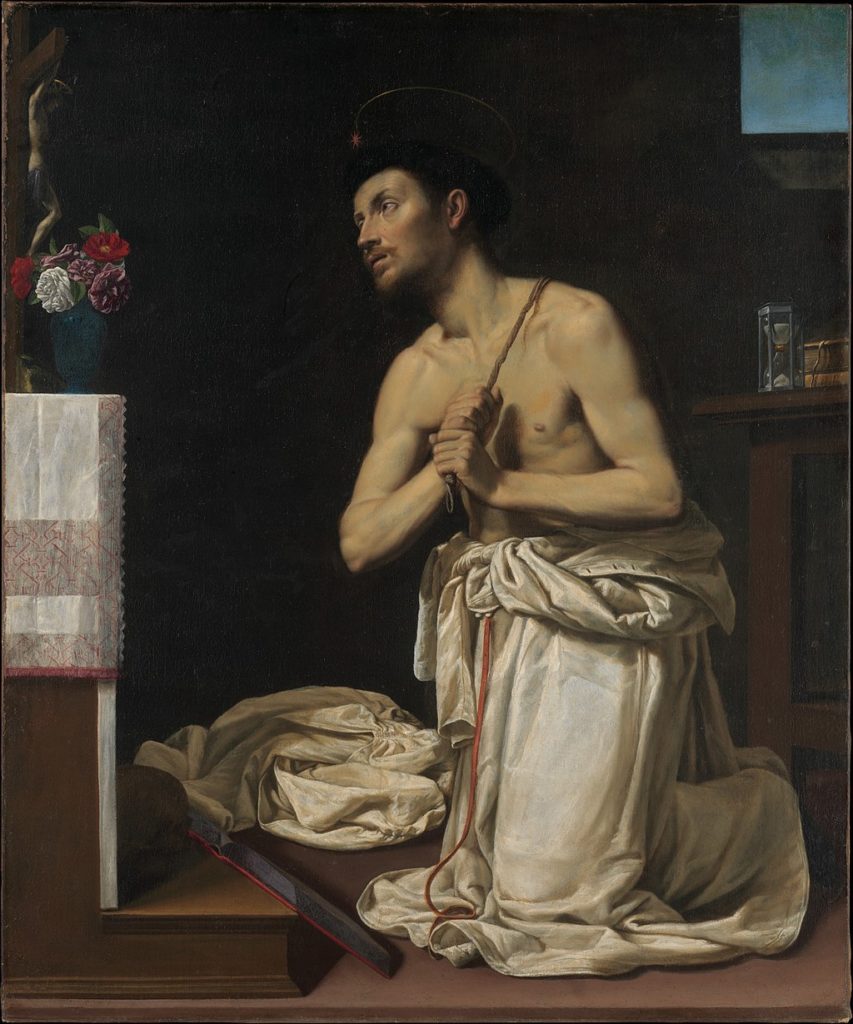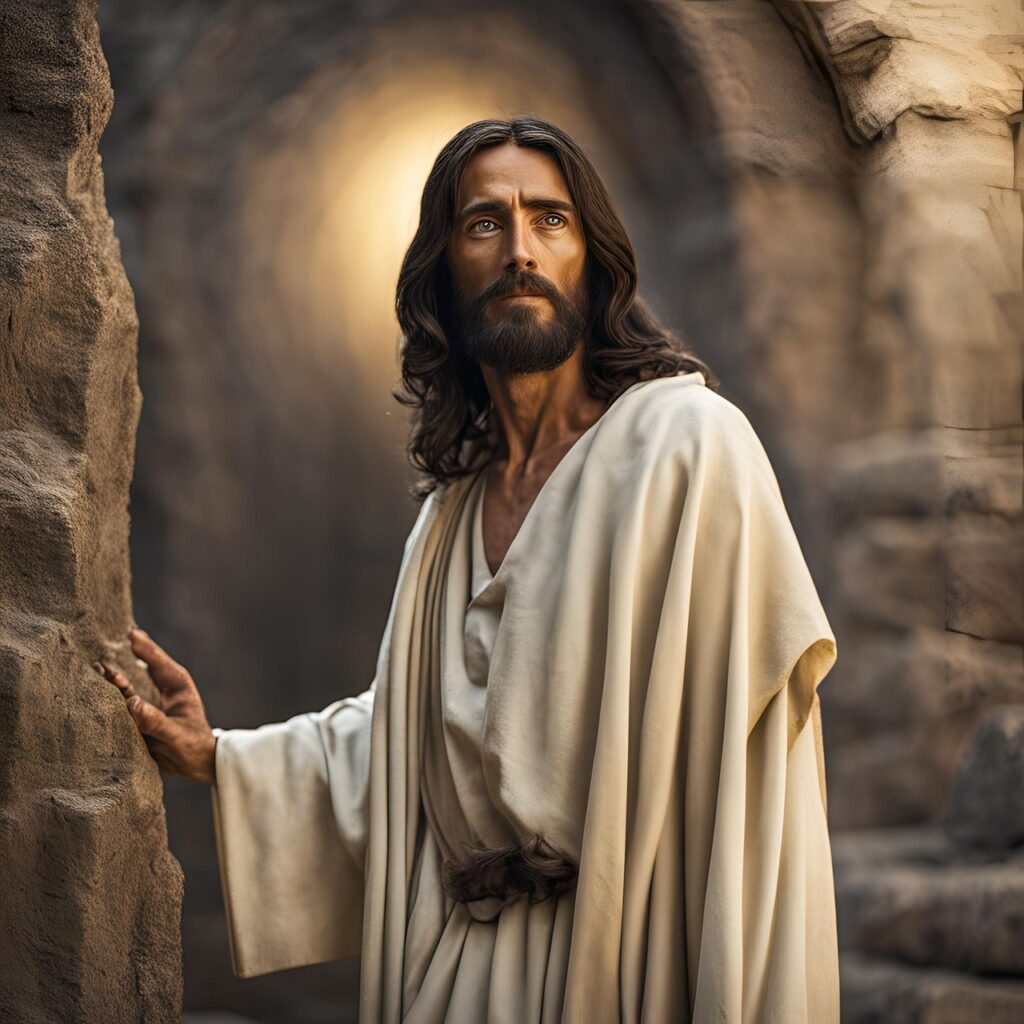Dublin Archbishop Recalls Lessons of St. Dominic
Homily Delivered During Mass on Sunday, August 8, 2021

Archbishop Dermot Farrell of Dublin recalled the lessons of St. Dominic in his homily delivered during Mass on Sunday 8 August 2021. The Mass to Commemorate the 800th anniversary of the death of Saint Dominic was celebrated in Saint Dominic’s Church, Tallaght.
Homily
I am delighted to celebrate this Mass with the Dominican family to mark the 800th anniversary of the death of St. Dominic, who died in Bologna on August 6, 1221.
In diverse situations, women and men who have modeled their lives on Dominic Guzmán, have embodied Christian values and ideals to such an extent that they have made a powerful impact on contemporary society. Dominic’s life challenges us with the demands of Christian discipleship, but he does so in a language that transcends mere theories and ideas. Theories in and of themselves rarely compel one to religious conversion. As Pope Saint John Paul II said, “People today put more trust in witness than in teachers, in experience than in teaching, and in life and action than in theories” (Redemptorismissio, 42). Dominic mirrored Christ by taking on his way of being and acting. In his letter to mark the 8th centenary of the Death of Saint Dominic, Pope Francis spoke of Saint Dominic’s conviction that the greatest way of preaching the Gospel is tied to a form of life, and through word and action rather than words alone: “Pope Benedict XVI reminded us that “in the heart of the Church, a missionary fire must always burn” (Audience of 3 February 2010). … Dominic’s great call was to preach the Gospel of God’s merciful love in all its saving truth and redemptive power. … Together with Saint Francis of Assisi, Dominic understood that the proclamation of the Gospel, verbis et exemplo, entailed the building up of the entire ecclesial community in fraternal unity and missionary discipleship.” (Francis, Letter on the 8th Centenary of the Death of Saint Dominic, 24th May 2021)
Of course, without attention to the historical context and cultural situation in which Dominic developed his apostolate and bore his gospel witness, it is impossible to understand either the full significance of the Dominican Order or the reception and resistance he encountered. Today, as in the past, discipleship implies that there is no cheap grace.
How can Dominic teach us how to respond to the call of discipleship in the Church and in the world today, especially among the challenges of our times? The liturgical prayer of the Church for the Feast of St Dominic presents us with the challenge of the saint as a model for Christian living. For example, praying the Office of Readings for the Feast of Saint Dominic I was struck by three statements:
‘A joyous heart is reflected in the countenance, and Dominic revealed his tranquillity of soul by the joyful kindliness of his look.’
Saint Dominic can teach us that cheerfulness and kindliness, reflected in our faces, is a better witness to the gospel than the ‘funeral face’ sometimes mentioned by Pope Francis in his homilies. When Christians have more of a ‘sourpuss’ than a face that communicates the joy of being loved by God, they harm the mission and witness of the church (Joy of the Gospel,85). Our bitter thoughts and actions seep into our faces and infuse our words with a caustic bite; people notice when they look at us at Mass that we are a bunch of sour and dour faces. Don’t forget to ask yourself this question: Am I a joyful person? Or, are am I one whose face is downcast, bitter, and, at times, a grimace that would stop a clock? God loves someone who can give with joy, the cheerful giver (see 2 Cor 9:7).
‘Dominic’s frequent and special prayer for himself was that God would stoop to grant him a genuine charity, effective in caring for and obtaining our salvation.’
Dominic can teach us that all the missionary disciples of Jesus, and especially those of us who are ordained or consecrated to God in religious life, ought to have pastoral charity, genuine love of the people, as the motivation for all our efforts to communicate the Gospel message. The priest’s mission is to combine, to link two realities that appear to be so separate, that is, the world of God – far from us, often unknown to us – and our human world. The priest is someone who connects heaven and earth. His mission is to be a mediator, a bridge that connects, and thereby to bring human beings to God, to their redemption, to their true light, to their true life. The priest must be able to travel down far enough to reach the most lost of the lost, and he must able, at the same time, to reach up high enough to facilitate the journey to heaven (see Robert Barron, homily on the occasion of the Ordination of six Dominicans in Washington, DC, 23rd May 2019).
The Dominicans were formed at a time of real crisis in the Church and in the West. The genius of Saint Dominic was that he founded an Order that had the flexibility to go out from behind closed doors into the streets of towns and cities to rescue people from the tragedy of a dualistic religion, which condemned this created world as evil. At the heart of the Gospel is God who comes to meet us in the flesh.
Dominic saw a need for a return to the heart of the gospel—and to the foundational directions that empower everyone to respond to the gift of God: poverty, trust in God, and preaching the good news that is the Gospel. Today, in the pastoral life of the Church there is another real crisis— in discovering and proclaiming the Good News, in other words —in evangelization. And also in genuinely and deeply trusting God, our Father, and God’s ways. Unlike the past, when the threat to the faith in Ireland came from outside, today it comes from within, where almost all generations are constructing their own identities. We see this absolutely everywhere in our culture. Freedom of choice reigns supreme: I become the person that I choose to be. (Of course, we are all establishing our ID, all the time; the key issue is what we input into that; in other words, what are the elements that shape our identity?) When we look at this crisis within the Church, then, like Jesus, we need a creative response to the chasm that exists between faith and daily living. In Ireland, at a time when the taproot of faith appears to have been damaged, the challenge is to make a convincing case for the Catholic faith, a life of virtue, and a just society.
As Father Gerard Timoner, III, Master General of the Order, recently said: ”In the face of widespread suffering, St. Dominic inspires us against indifference to the sufferings of people, not just those on geographical peripheries, but also those at the existential peripheries.” To illustrate this, Father Timoner recounted the story of St. Dominic’s sacrifice of selling his precious books during a famine to found a house of charity for the poor. By this, the saint “organized something to help others” and “inspired others to do so too.”
“He often exhorted the friars, both in his writings and in his words, to study constantly the Sacred Scriptures.”
All renewal in the church involves a constant ‘return to the sources’ – the pre-eminent source is the Word of God found in the Scriptures. Saint Dominic can encourage us to study the Scriptures and to ponder them prayerfully in our hearts, for example by the practice of Lectio Divina. The words of Sacred Scripture speak primarily to the heart, not to our intellect. We do not read Scripture to find out about what we don’t know or have forgotten, but rather to let the pattern of the biblical story continue to form us. The Gospel is the book of the Lord’s life. It is there to become the book of our life. It is not there to be understood but to be approached as the threshold of mystery. Like the Eucharist, it is not there to be read but to be received within us. Each of its words is spirit and life… (see Madeleine Delbrêl).
The person of faith stubbornly reads the world through the lens of the Word of God and speaks the divine truth. And this mission implies opposition, confrontation, and critique since the keepers of worldly order are frequently looking through other lenses and listening to other worlds.
Perhaps what distinguished St Dominic was that he looked at the world through a Gospel lens—and in doing so saw things according to a new scale of value. If we were to view the world through a Gospel lens would our lives, then be a beautiful landscape in which God is seen more clearly?
We pray today that our life may be transformed through prayerful contact with St Dominic’s witness which is proclaimed in the liturgy. Saint Dominic has not only gone before us as an exemplar to be imitated, he is also our companion on the journey. This is a profound truth: as part of the body of Christ, we do not have to go on the journey alone. Indeed, we invoke the saints in liturgy as companions of prayer. It is for that reason we pray in the First Eucharist Prayer to have “some share and fellowship with your Apostles and Martyrs, and all your Saints”; and, finally, we beseech God to admit us into their company.
ENDS
Related

Reflection by Bishop Enrique Díaz: The Lord’s mercy is eternal. Alleluia
Enrique Díaz
27 April, 2025
5 min

After Eight Days Jesus Arrived: Commentary by Fr. Jorge Miró
Jorge Miró
26 April, 2025
3 min

The Perspectivas del Trabajo Foundation is founded with the aim of promoting virtues for professional development
Exaudi Staff
25 April, 2025
2 min

Reflection by Bishop Enrique Díaz: Alleluia, alleluia
Enrique Díaz
20 April, 2025
5 min
 (EN)
(EN)
 (ES)
(ES)
 (IT)
(IT)

